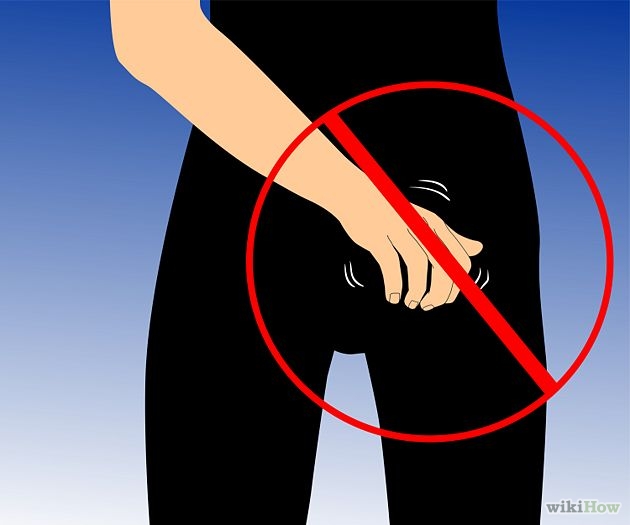Do you experience intermittent itching in the groin area? Does the itching become unbearable most of the time? Have you noticed any red rashes in the groin and genitals? If your answer to these questions is yes, then you have jock itch, a common and itchy rash of the groin. Men are more prone to this skin condition although women may have it, too. Jock itch is not exactly a serious medical problem,
although the itching may be too intense that you can’t help but scratch the affected area at times. Jock itch occurs not just in the groin area but also in the anus, genitals and inner thighs. Anyone can have this condition, but patients who are diabetic and obese are more prone to it.
Symptoms
 Jock itch is characterized by mild itching in the groin that gets worse as time passes by. The rash is often seen on both sides of the groin. It can become dry and rough. It can also have pus bumps. Women who have jock itch may also develop yeast infections, while men may notice infections on the head of their penis especially those who are not circumcised. In severe cases, jock itch can result to complications like open sores, ulcers and breaks in the skin.
Jock itch is characterized by mild itching in the groin that gets worse as time passes by. The rash is often seen on both sides of the groin. It can become dry and rough. It can also have pus bumps. Women who have jock itch may also develop yeast infections, while men may notice infections on the head of their penis especially those who are not circumcised. In severe cases, jock itch can result to complications like open sores, ulcers and breaks in the skin.
Causes
There are many risks factors of jock itch like irritation from the use of tight fitting underwear. Sweating and excess moisture in those sensitive areas can also contribute to the development of jock itch. In women, fungal infection, yeast infection or bacterial overgrowth are known to cause jock itch.
Diagnosis
Jock itch is diagnosed based on the appearance of the area where the itching is felt. In extreme cases, a doctor may have to resort to skin biopsy or taking a small piece of the skin through a numbing medication. Middle-aged men are the most likely to get jock itch. Jock itch may be mistaken as another medical condition like ringworm or tinea cruris, intertrigo, erythrasma, eczema, impetigo, atopic dermatitis, heat rash, dry skin and inverse psoriasis.
Treatment
There are many anti-fungal creams and pills that can be used to treat jock itch. One of these is Lamisil, which is available in cream and tablet forms. This drug is manufactured and marketed by Novartis Corporation. Its generic name is terbinafine. It works against jock itch by preventing the fungi from making the sterol chemical which holds the fungal cells together, thereby weakening the cell membrane. The topical Lamisil product was approved in 1993 by the FDA while the oral tablets were approved in 1996.
Some side effects of Lamisil that have been reported by its users include upset stomach, diarrhea and temporary loss of taste. The drug may interact with other medications like rifampin, cimetidine, heart rhythm medications and antidepressants. Any one who has been advised to take Lamisil should notify his or her physician about the using the said drugs that may interact with this antifungal medication. Lamisil should never be taken by a nursing mom.
Share This